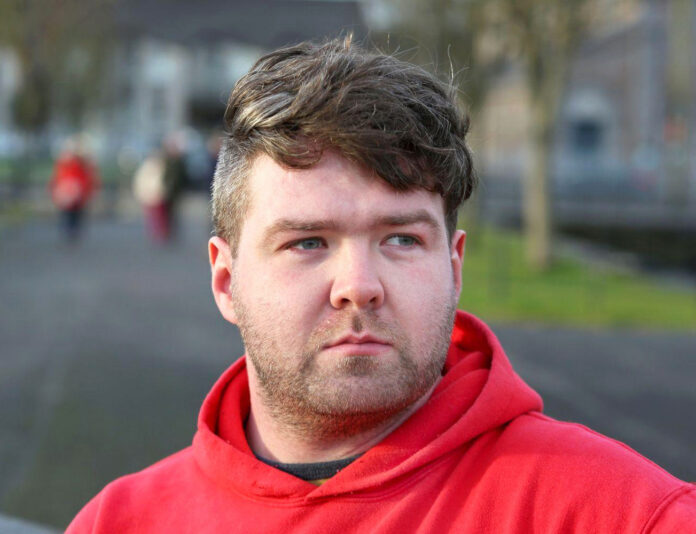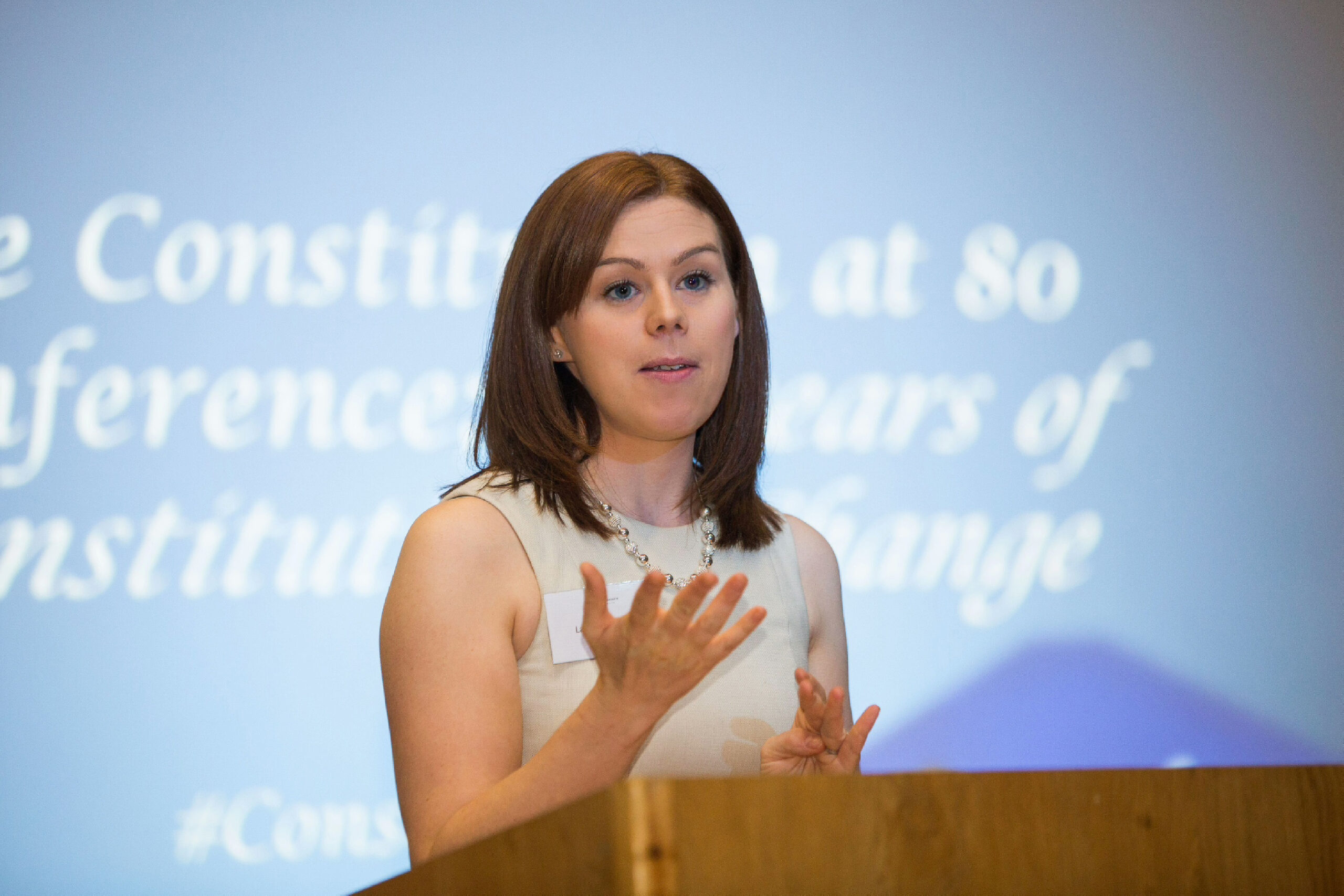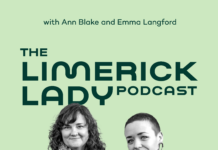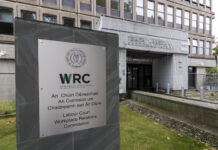
A SUPREME Court ruling that a University of Limerick graduate should be entitled to vote in Senate elections will give thousands of UL graduates the same voting rights as graduates of the National University of Ireland (NUI) and Trinity College Dublin (TCD).
The Constitution currently only gives a right to NUI and TCD graduates to vote in Seanad elections, as the only such institutions in existence at the time of its enactment.
Tómas Heneghan, who is a graduate of criminal justice and journalism at UL, claimed that refusal to allow him register as an elector on either the university panels or the vocational panels for Seanad Éireann elections was unconstitutional.
Mr Heneghan, who has an address at Church Square, East Wall in Dublin, submitted that he is being discriminated against on the basis of the location where he achieved his third-level education and the basis of his employment.
He originally represented himself when he sought leave from the High Court to bring his challenge to the Supreme Court. The Free Legal Aid Centre later agreed to act on his behalf.
Senior UL Law Lecturer Dr Laura Cahillane, who was an expert witness in the case, described the Supreme Court decision as a ‘victory for democracy’.
“My students are constantly perplexed as to why they do not get a vote simply due to happenstance in terms of which university they decided to attend and due to inaction on the part of the Government to change this,” she explained.
“Tomás Heneghan felt very strongly about the inequality of this situation and so he took a case, initially as a lay litigant but then with the Free Legal Advice Centres coming on board as legal representation.
“He has now won his case in the Supreme Court, which has found that the 1979 amendment must be implemented to allow Seanad votes for all third level institutions.
“I was delighted to act as an expert witness for the Court, giving evidence on the history of the Seanad provisions and on the context around the amendment in 1979.
“The judgments are hugely significant with ramifications for the future interpretation of the Constitution but on a practical level it will mean a lot of work now for government to put in place a fair voting system as soon as possible. It may even prove to be an impetus to proceed with Seanad reform more generally, which is also well past overdue.
“The case can be regarded as a victory for democracy and a lesson about the importance of the voice of the people,” Dr Cahillane added.
The decision will come into force on July 31 to allow the Oireachtas an opportunity to change the law.










